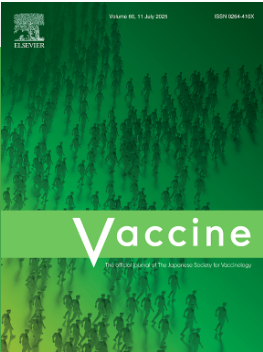Engaging a community health ambassador model to promote COVID-19 vaccine in three Massachusetts communities
The COVID-19 vaccine rollout in the United States had significant disparities with Black, Hispanic, and other historically marginalized populations experiencing lower vaccination rates compared to white residents. In response, the Centers for Disease Control and Prevention funded Prevention Research Centers across the country to establish the Vaccine Confidence Network. The Harvard Prevention Research Center (HPRC) partnered with community-based organizations (CBOs) in three of the hardest-hit cities in Massachusetts. CBOs implemented a community health ambassador model, hiring community members who leveraged their skills and connections to conduct tailored vaccine outreach. The HPRC team provided financial and technical support, developing outreach materials that kept up with continuously shifting COVID-19 guidance. We used a mixed-methods evaluation to assess outreach activities through surveys tracking the number of individuals reached and semi- structured interviews with health ambassadors on their experiences. Over ten months, health ambassadors conducted vaccine outreach in a wide range of places like bus stops, school welcome centers, grocery stores, and community events and reached a variety of populations including immigrants, parents of younger children, African Americans, and more. Ambassadors interviewed reflected positive experiences with vaccine outreach, as it increased their confidence in understanding public health data and engaging with people about public health issues. This study emphasizes the value of partnering with community organizations to effectively engage diverse populations and highlights the potential for building local public health capacity through community health ambassadors to address future health challenges.
Download


